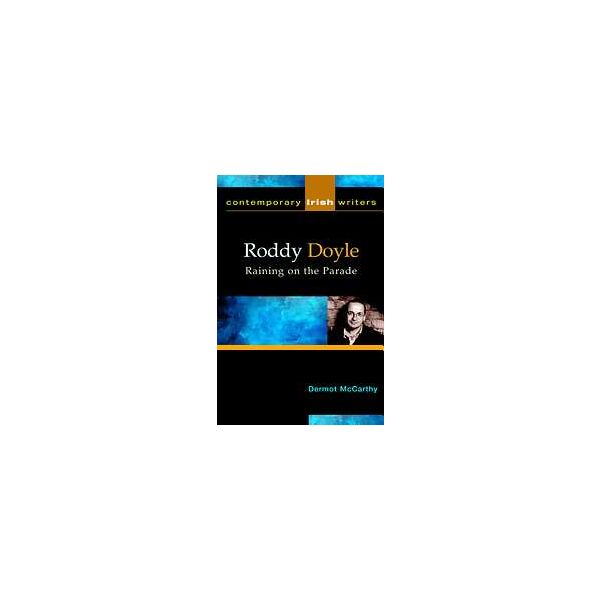Roddy Doyle: Raining on the Parade
Roddy Doyle is the most successful Irish writer to emerge in the 1990s. All of his novels have been bestsellers, from the early Barrytown Trilogy (The Commitments, The Snapper, The Van), all of which have been filmed, through the Booker Prize-winning Paddy Clarke Ha Ha Ha, and up to his revisionist A Star Called Henry. It is largely because of this popularity, and of the perceived anti-intellectual thrust of his fiction, that many critics have refused to recognise him as literary.
Others have criticised him for his unflattering depictions of modern Ireland. Doyle himself has long refused to participate in such pigeon-holing. Dermot McCarthy argues that Doyles representation of working-class Dublin in effect, an urban Ireland that had never been represented in Irish fiction or film before has broken with the traditional literary view of the Irish as a homogeneous people and has given a voice to a little-heard side of modern Ireland. His characters feel no connection to the nationalist or colonialist versions of Irish history and identity, but rather they negotiate a culture that is a complex processor of exogenous (largely American) influences and indigenous adaptation and assimilation.
Doyle is a realistic novelist, a comic social-satirist, and latterly, a brilliantly inventive parodist whose fictions cohere around a single focal concern: the defence of the individuals struggle to live with dignity and decency in the face of all those forces which attempt to coerce the individual into accepting the way things are. Setting Doyles six novels in the context of the seismic changes that have shaken Irish society in the last twenty years, McCarthy stakes a claim for Doyle as Irelands pre-eminent chronicler of modern Ireland.
About the Author
Dermot McCarthy lectures in English at the University of Western Ontario in Canada
| Author | McCarthy, Dermot |
|---|---|
| Print Format | Paperback |
| ISBN-10 | 1-904148-25-5 |
| ISBN-13 | n/a |
| Date of Publication | June 2003 |
| Number of Pages | 280 |



